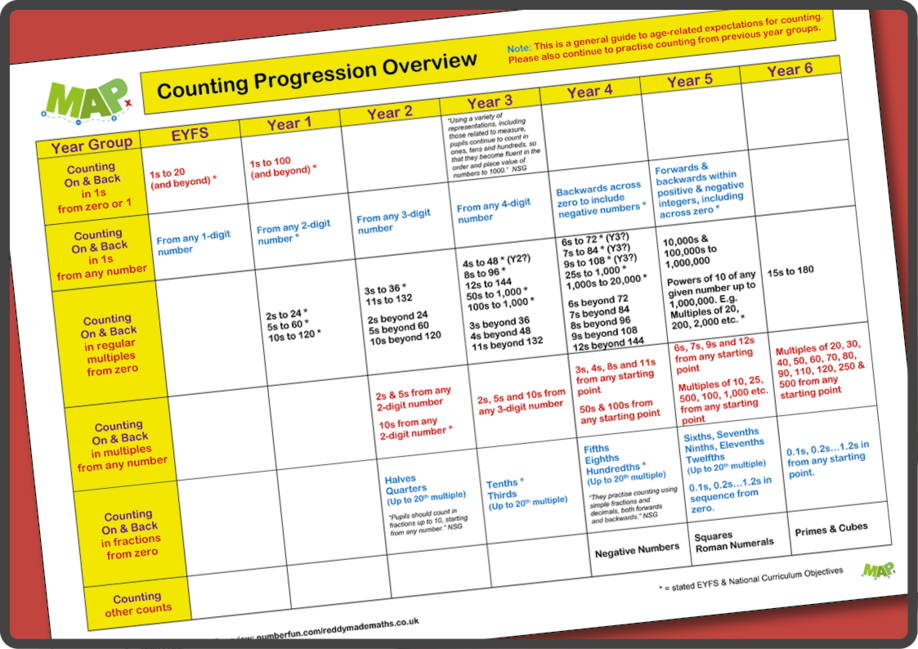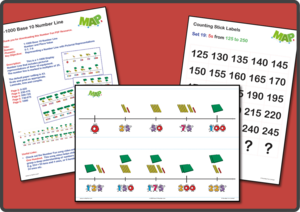
Counting
Progression
5 Minutes of Counting - Every Day
We recommend that you should start your daily MAP
session with 5 minutes of counting.
Ofsted recognise the need for children to count regularly.
We are suggesting the use of visualisations, animations,
games and activities, and tools like the Slavonic abacus,
because they are powerful in understanding the counts and
in motivating children to remember them.
Counting is fundamental to mental mathematics, and
we encourage you to engage in daily counting with your children.


Counting
Progression
5 Minutes of Counting - Every Day
We recommend that you should start your daily MAP session with 5 minutes of counting.
Ofsted recognise the need for children to count regularly.
We are suggesting the use of visualisations, animations,
games and activities, and tools like the Slavonic abacus,
because they are powerful in understanding the counts and
in motivating children to remember them.
Counting is fundamental to mental mathematics, and we encourage you to engage in daily counting with your children.
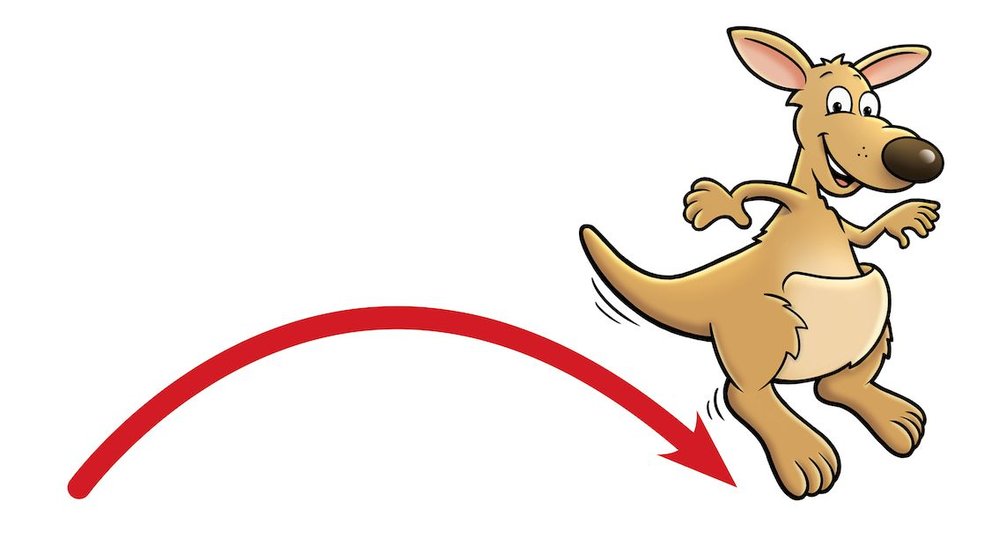
Why is Counting So Important?
Counting in recognisable steps clearly links into times tables. Counting in 3s, for example, is the basis for the 3 times table, but it is also the basis for counting in 30s and 0.3s.
Counting in other patterns and sequences develops a deep knowledge of, and confidence in, our number system. For example, if we count on 5 from any number with 7 in the ones column, the next number will always have a 2 in the ones column, regardless how many tens or hundreds there are connected to the 7. For example, 77, 82, 87, 92, 97, 102 etc.
Counting on and back also lays the foundation for both the Count On and Count Back mental strategies!
Counting Progression
The MAP Counting Progression document suggests the steps that children should count in from Years EYFS to 6.
These include;
• Standard counts, back and forward in 1s,
• Counting in regular multiples from 0 and then from any number within that times table.
E.g. counting in 3s from 60.
• Counting in different steps from different starting points.
For example, going back to the 3 times table, children develop sequences such as 21, 24, 27, 30 … into 31, 34, 37, 40
and 71, 74, 77, 80.
Children should also be counting in fractions, decimals and in other familiar sequences.
Number Fun Counting Videos
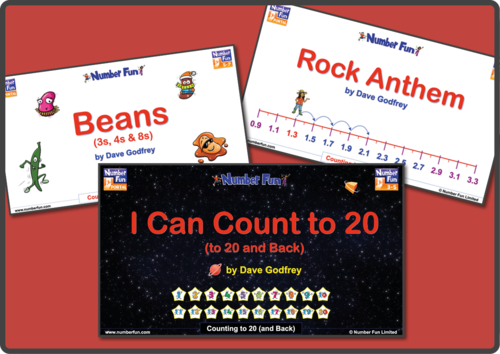
To help support the development of counting skills within MAP, we have provided you with a range of counting tools:
The Number Fun Counting Videos help engage your children in fun-filled and creative song-based counting. Click to gain access to the Counting Video Organiser.
Counting Games and Activities
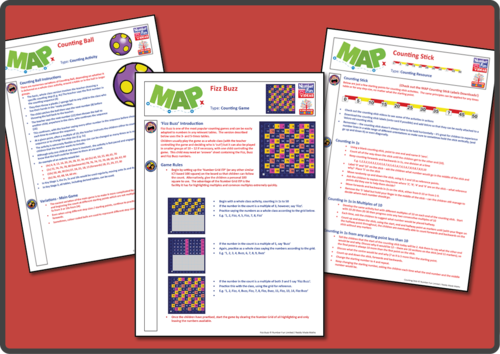
There are also a range of tried and tested counting activities for which we have provided both text and video introductions. We have many more ideas to choose from, all exemplified with differentiation and adaptations for different year groups! Click to gain access to the Counting Games and Activities Organiser.
Check out the Organisers above for access to short video introductions for other popular activities like these ones!
Thing on a String
01:41
Counting Stick
09:57
Count Me In
01:52
Abacus
13:49
Additional Counting Tools

Findel Education is the proud owner of EuHu. Hope Education is also part of the Findel family. Here we recommend a handful of physical resources that will super-enhance your children’s experience of MAP.
